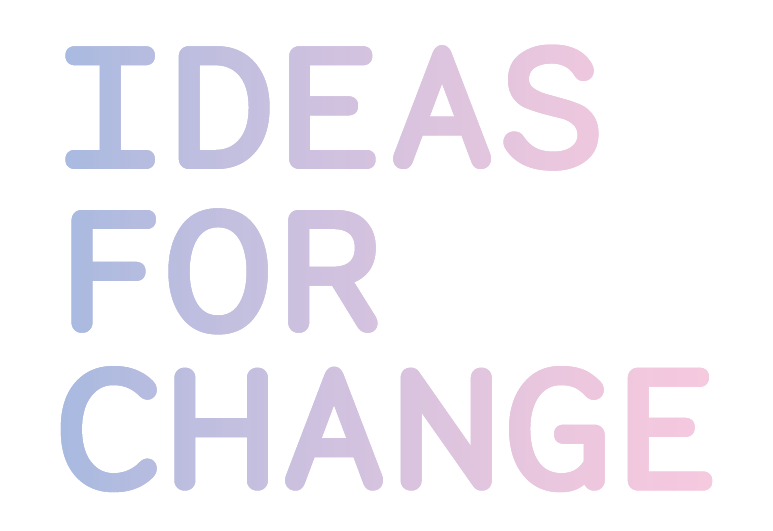What we learned about women empowerment in tourism at FiturNext 2021
By Pako Rodríguez, Consultant specialised in tourism. (Originally published in Spanish)
The 2021 edition of FiturNext, the Fitur observatory dedicated to promoting good practices in the tourism sector, finished a few days ago as part of Fitur, the most important tourism fair in our country. As managers of the project, the Ideas for Change team attended the winning initiatives, visitors and exhibitors. We did so with the satisfaction of contributing to a particularly significant issue, as this edition of FiturNext focused on how tourism can contribute to gender equality, based on the fifth Sustainable Development Goal (SDG 5).
The pandemic became the background context of this edition due to the difficult period experienced by the tourism sector. Despite the challenge, during 2020 and part of 2021, we managed to analyse more than 400 initiatives from 4 different continents.
New frameworks for measuring the impact of tourism initiatives
As every year, FiturNext has awarded three initiatives that stand out for their contribution to solving the 2021 challenge. The peculiarity is that these projects are chosen on the basis of their replicability, in other words, their capacity to be replicated by other actors in other parts of the world and with different resources. To do so, we used the Replicability Barometer, a model we developed for Fitur that evaluates the capability of initiatives to be adopted across different contexts.
What’s more, in this edition we applied the Impact Barometer for the first time, a tool that measures the projects' potential. The proposals were submitted in three different categories in which we associated a series of impact indicators: job opportunities, women’s leadership and inclusive travel. This impact is assessed through at least one personal interview with the project managers who applied. They obtained a minimum score in the replicability index depending on how the initiative focused on the challenge (gender equality) and on the tourism sector.
In addition, we reached an agreement with the Facultad de turismo y dirección hotelera Sant Ignasi (Barcelona), so that their last-year Tourism degree students could collaborate with the project. After an initial training session to immerse themselves in our methodology and the selection process, the students worked in groups to identify, analyse and interview various initiatives. They also had to base their final project of the Tourism Innovation subject, on a report and a video of the shortlisted idea. This activity has been rewarding for both the students and the tourism initiatives: one of the students participating in the project is now leading one of these initiatives in Spain and has also been a finalist in FiturNext 2021.
Highlighting the role of women in the tourism industry
The awarded initiatives have in common their contribution to boost the presence of women in tourism through employability and inclusiveness:
Afrikable offers job opportunities to women in the tourism sector in Kenya. Through the “Solidarity Holidays” project, it fosters trips to the African country hiring exclusively local women for all the services, which stimulates their professional development and independence within the family environment. The initiative provides work for between 50 and 100 women in vulnerable situations, generating a significant positive impact.
With its “Routes” programme, Fundación Codespa promotes community-based and inclusive rural tourism in Peru and Bolivia. It offers routes led mainly by women, a project that not only increases their presence in the sector, but also gives them a greater role in the family economy. A total of 312 women entrepreneurs have been able to start their own business as a result.
Women in TravelCIC uses tourism as a vehicle for positive impact by providing job opportunities for women at risk of social exclusion. More than 2,000 women have been trained in the profession with its services, and one in three has found a job. The initiative also fosters the recruitment of female talent in the industry.
Education, financing and collaborative work: main lessons learned
The FiturNext 2021 challenge and the knowledge transmitted by each and everyone of the participating initiatives has provided us with valuable lessons to promote female empowerment in the travel industry.
The education on general aspects (labour rights, women’s rights, etc.), training on specific areas (business creation, finance, languages, etc.) and mentoring (personalised follow-up) become the basis for the creation of job opportunities, especially in less developed environments. This is demonstrated by some of this year’s finalist initiatives such as Equality in Tourism, with its Farm for The Future project, Open Eyes and Fundación Barceló with its scholarship programme.
The funding of entrepreneurship through microcredits is a key factor in the development of women entrepreneurs. The work is exemplified by both finalists this year, Fundación EnVía and the Fundación Santander, through its Best Africa programme.
The creation of a community, as proposed by Women in E Travel, Active Woman and Aseet, all finalists, is essential to connect people who are in similar situations and can help each other.
Developing a network of partners to rely on, as RaizUp does, increases the impact of the project.
Valuable lessons to bring gender equality in the tourism industry a little closer every day.
*The report is currently in Spanish
Keep reading:
Did you like this article?
Receive more content like this in your inbox!













